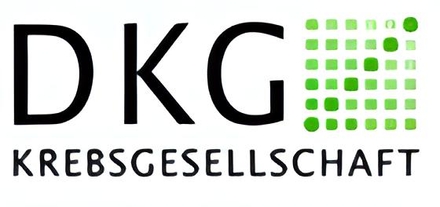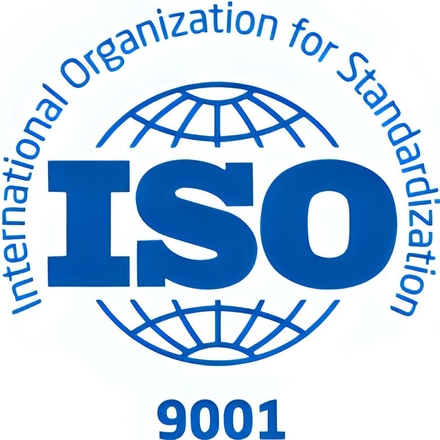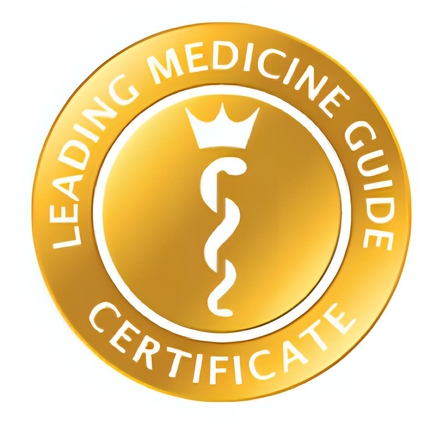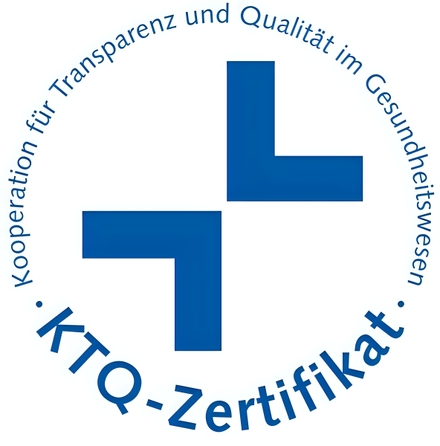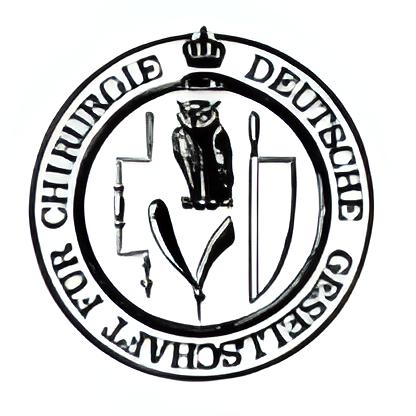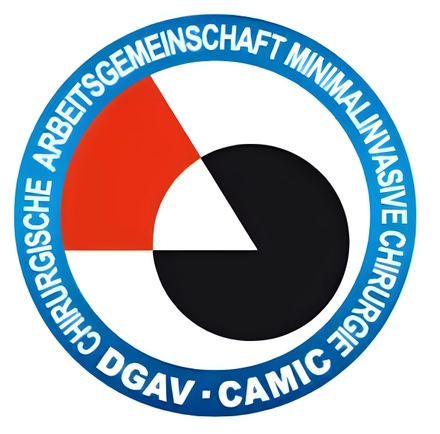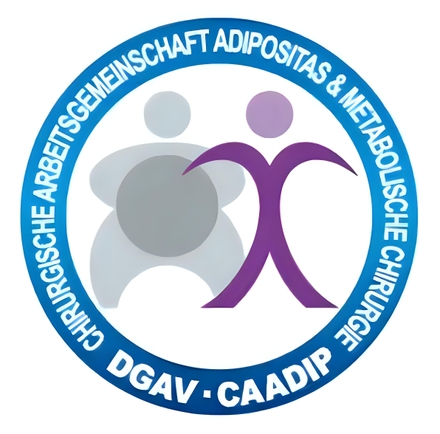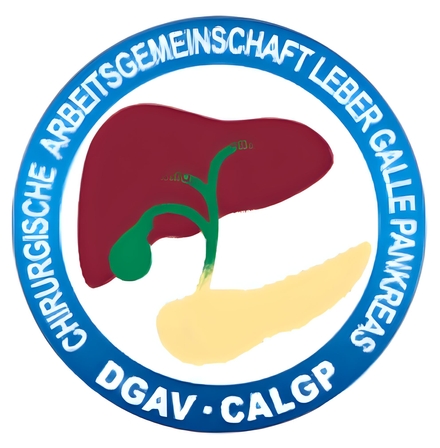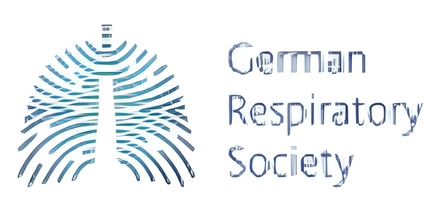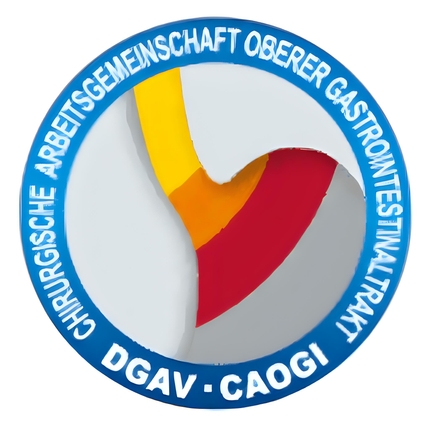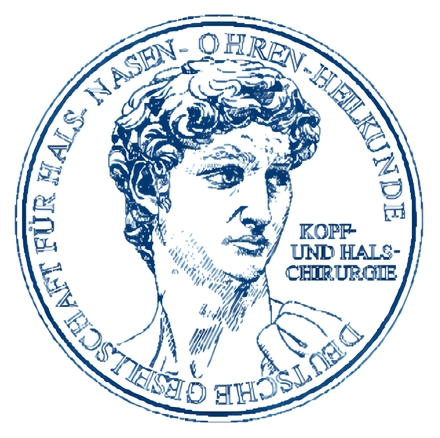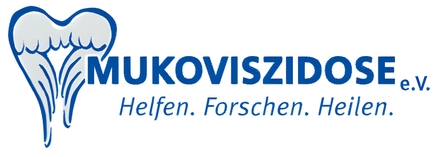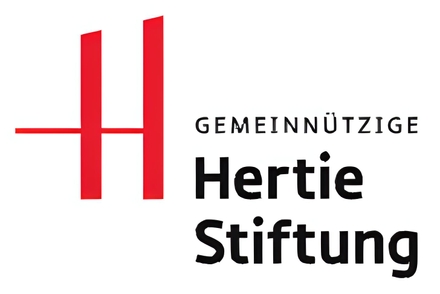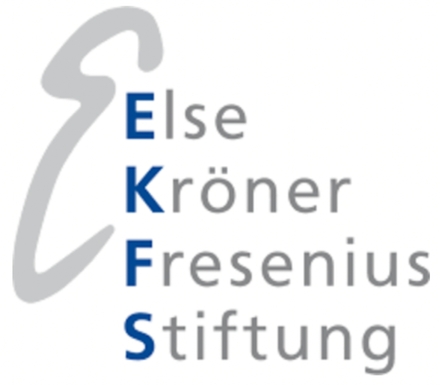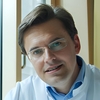Overview
Size & Capacity
Large, 2,600 beds
Clinic type
General
Type of care
Inpatient, Outpatient
Age group
Kids, Adults
3.1 on Google
The data collected based on 515 patient reviews on Google
Certificates
Features & Facts
About the clinic
Primary focus
Departments & Doctors
Gallery

Coiling an aneurysm in the brain

THE SPECIALIST CONGRESS FOR ORAL AND MAXILLOFACIAL SURGEONS 05.06. - 08.06.2024 Heidelberg

Semi Live & Semi-Live on Air 2024
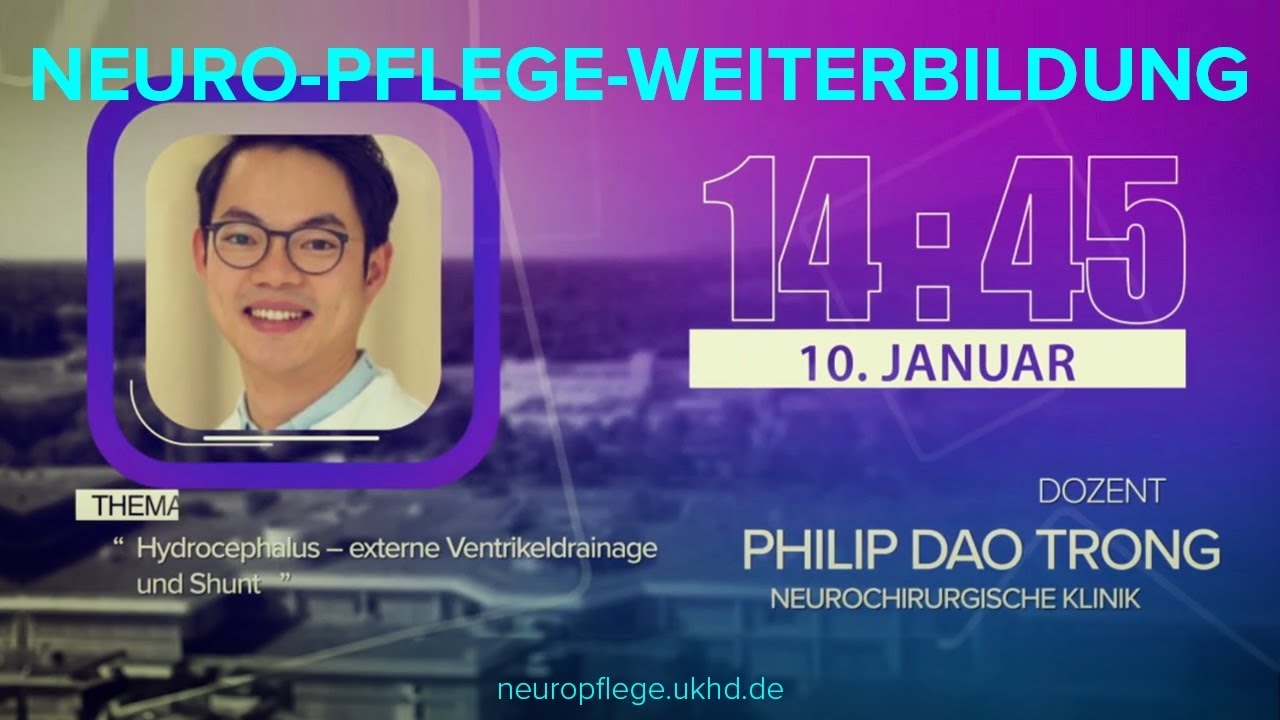
Neurosurgical nursing training - dates January-March 2024
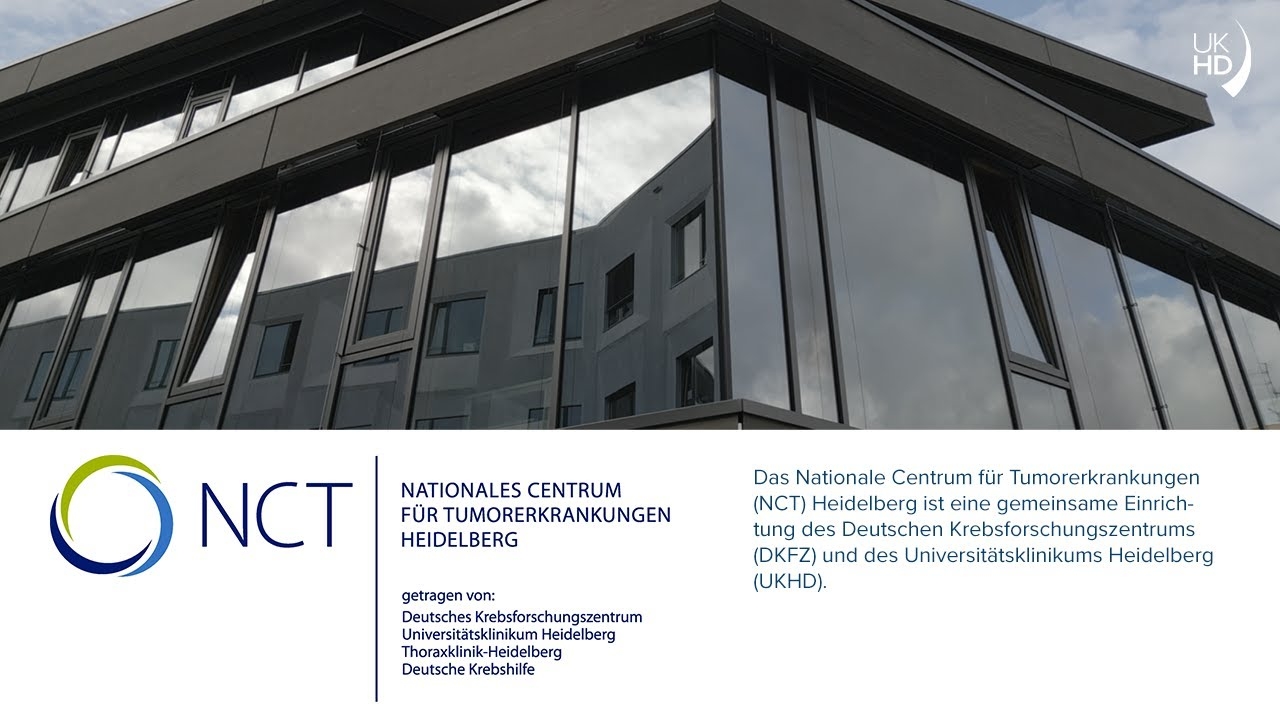
the NCT extension

The digital annual report 2022
Extra services
Location
Im Neuenheimer Feld 672, 69120 Heidelberg, Germany
FAQ
Is University Hospital Heidelberg the best in the world?
The clinic is one of the largest in the world and is closely associated with the Heidelberg University Medical School, founded in 1388. Centuries-old experience gathers the best leaders and talents of medicine under one roof, further contributing to the flourishing of unique high-tech methods.
What is the primary focus of the clinic?
The most crucial area of the hospital is oncological diseases. Doctors have an impeccable command of robotic surgery (the DaVinci system) and the latest technologies, such as proton and heavy ion therapy. A separate center treats each type of cancer with specially selected equipment and specialists.
Why is the medical center unique?
The clinic, where almost 300 stem cell transplant operations are performed annually, is one of the largest transplant centers in Germany and Europe. In addition, the hospital is a leading national center of cystic fibrosis with innovative and reliable diagnostic methods.
Get individual treatment plan and cost estimate. Non-binding 100% free assessment.
© University Hospital Heidelberg




